No, Detroit is not winning the robocar race.
Submitted by brad on Mon, 2017-04-03 18:30A new report from Navigant Research includes the chart shown below, ranking various teams on the race to robocar deployment. It's causing lots of press headlines about how Ford is the top company and companies like Google and Uber are far behind.
I elected not to buy the $3800 report, but based on the summary I believe their conclusions are ill founded to say the least.




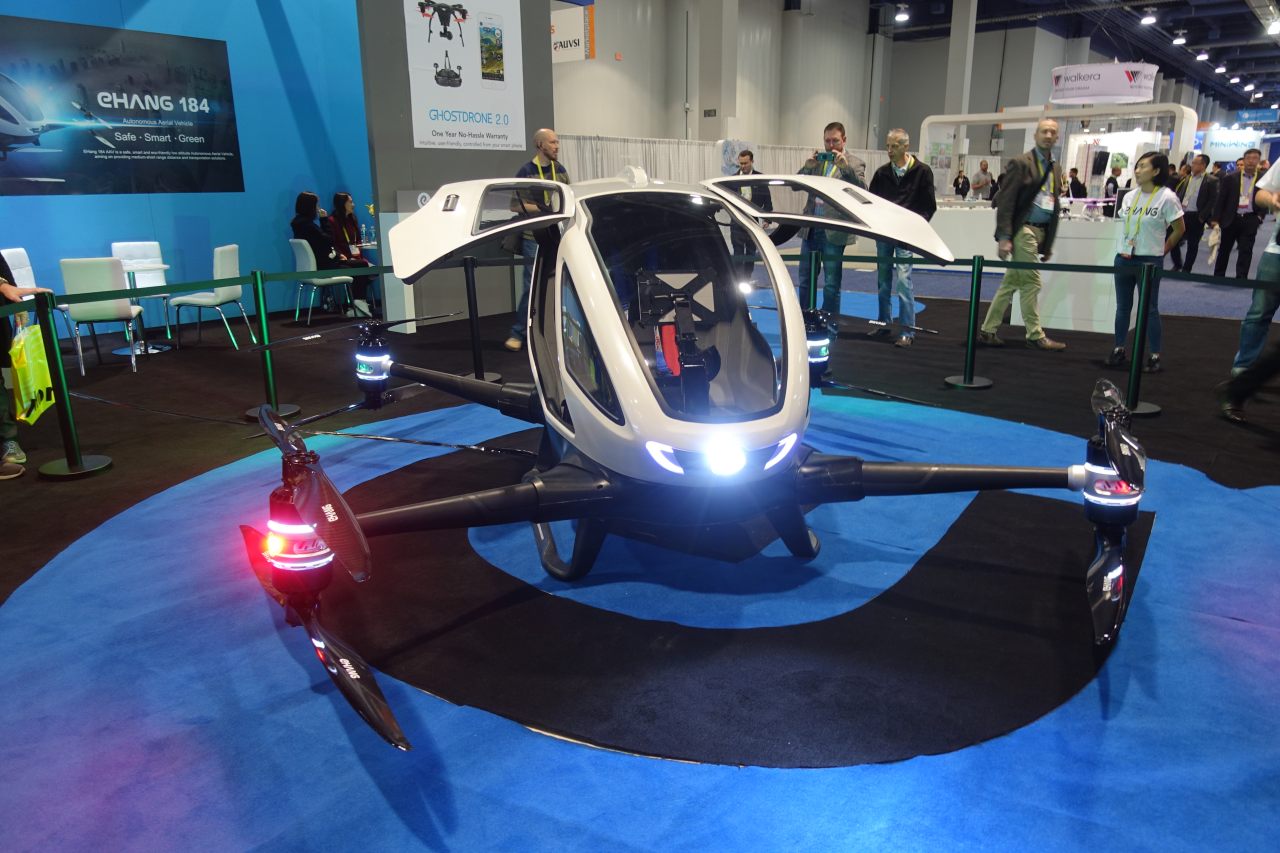
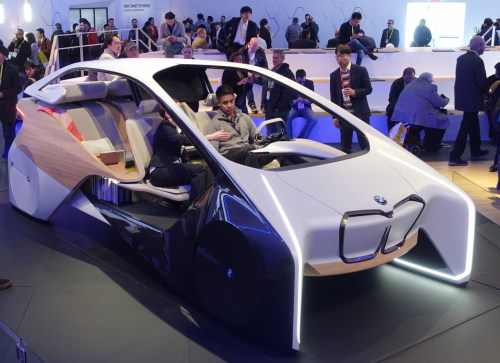
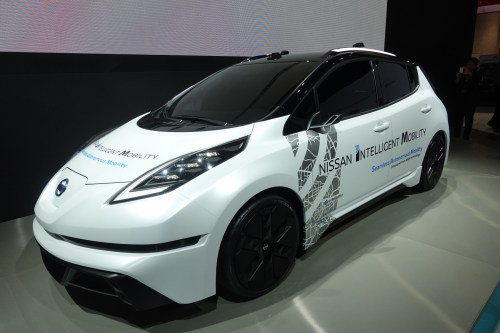
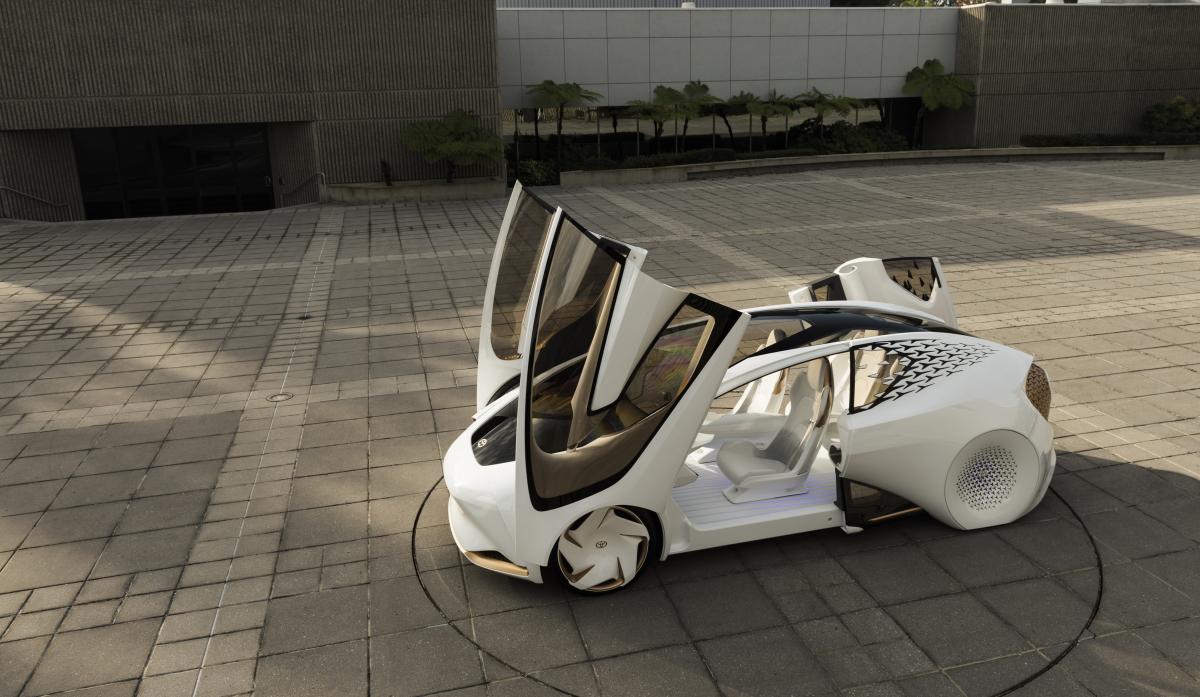
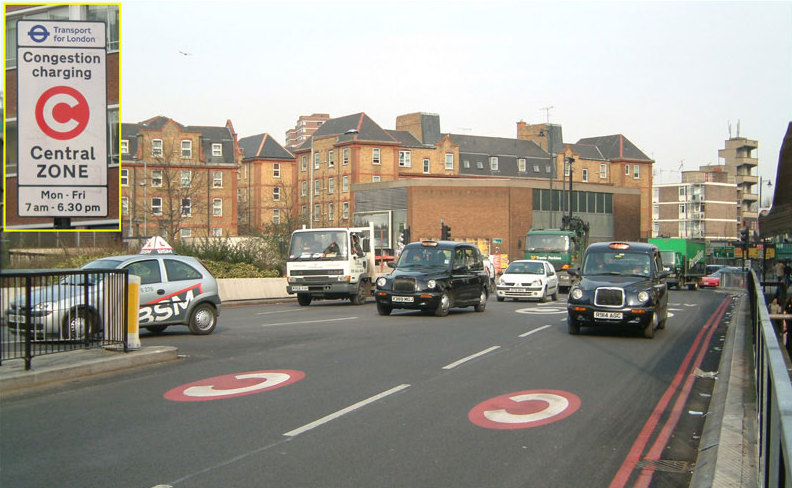
 To be clear, comma is a tiny company taking a radical approach, so it is not a given that what NHTSA has applied to them would have been or will be unanswerable by the big guys. Because Tesla's autopilot is not a pure machine learning system, they can answer many of the questions in the NHTSA letter that comma can't. They can do much more extensive testing that a tiny startup can't. But even so a letter like this sends a huge chill through the industry.
To be clear, comma is a tiny company taking a radical approach, so it is not a given that what NHTSA has applied to them would have been or will be unanswerable by the big guys. Because Tesla's autopilot is not a pure machine learning system, they can answer many of the questions in the NHTSA letter that comma can't. They can do much more extensive testing that a tiny startup can't. But even so a letter like this sends a huge chill through the industry.